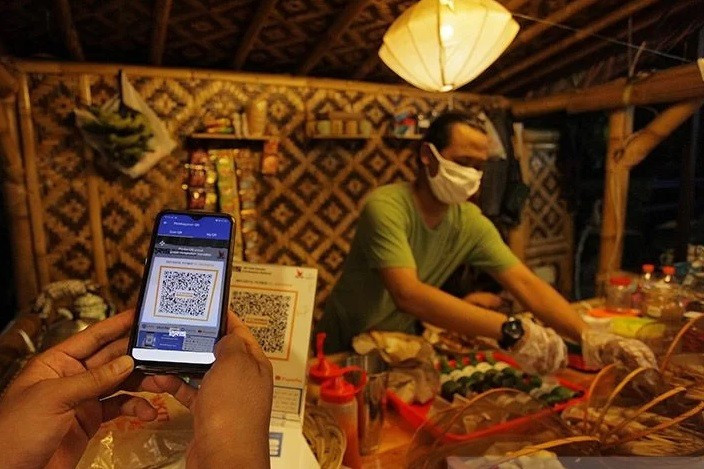Popular Reads
Top Results
Can't find what you're looking for?
View all search resultsPopular Reads
Top Results
Can't find what you're looking for?
View all search resultsAnalysis: Short-selling in limbo as public unrest hits Indonesian stocks
Indonesia’s stock market took a heavy blow in late August during nationwide riots and protests. On Aug. 29, the Indonesia Stock Exchange (IDX) Composite index fell to 7,830.49 from 7,952.09 the day before, a 1.53 percent drop.
Change text size
Gift Premium Articles
to Anyone
I
ndonesia’s stock market took a heavy blow in late August during nationwide riots and protests. On the Sep. 5 market close, the Indonesia Stock Exchange Composite fell to 7,867.35; by Sep. 8, after the weekends, it had dropped to 7,766.85, a decline of about 1.28 percent.
The sharp increase of foreign-driven selling has cast doubt on the IDX’s earlier plans to roll out short selling for 243 securities in the form of shares and six mutual fund securities. During periods of political unrest, short selling would exacerbate the Composite index’s downward pressure.
The index’s decline was largely driven by foreign investors who dumped around Rp 1.12 trillion (US$68.4 million) in Indonesian stocks, while the rupiah also weakened.
The turmoil deepened when the market opened on Sept. 1, with the Composite closing down 1.2 percent from the beginning of the day. The rupiah also decreased further to Rp 16,463 per US dollar.
Bank Indonesia (BI) intervened in the foreign exchange and bond markets. The government also sought to reassure investors by highlighting Indonesia’s ample foreign reserves, a stable banking system, 5.12 percent GDP growth and social support measures.
However, the unrest has intensified rather than eased. Protests continued for well over a week, exceeding expectations. By late August, eight people had died and looting and arson attacks had disrupted businesses in major cities, sparking concerns of a repeat of the 1998 unrest that toppled former president Soeharto.
The prolonged unrest has added layers of market uncertainty. Analysts cautioned that political instability could keep uncertainty high for weeks, particularly if investor sentiment did not improve or fresh protests erupt. Companies began to take precautions, telling employees to work from home, while schools in several areas were temporarily closed.



















